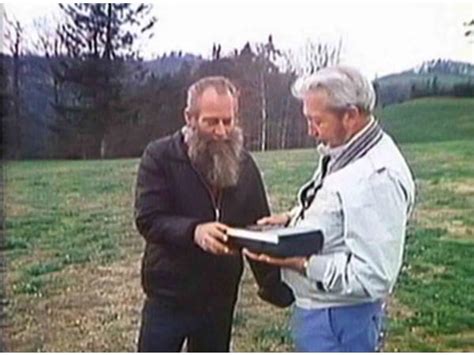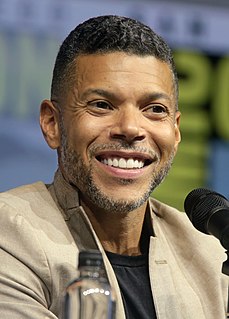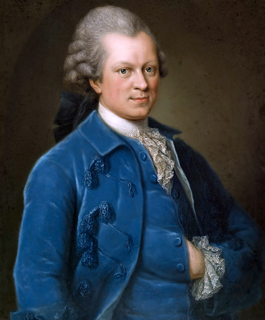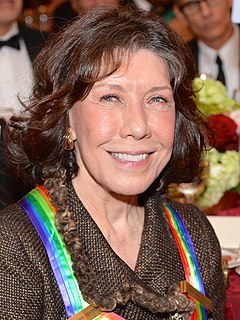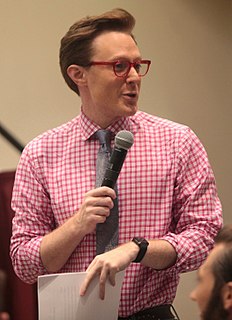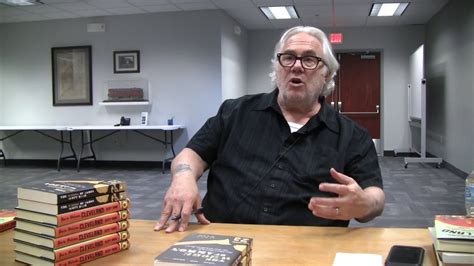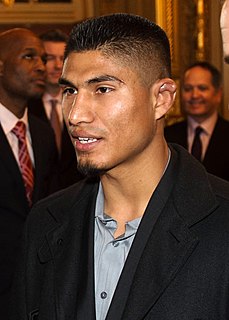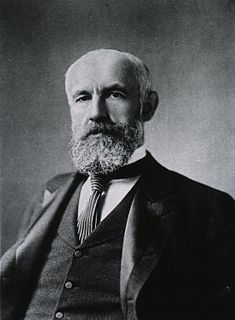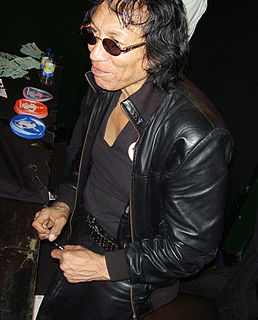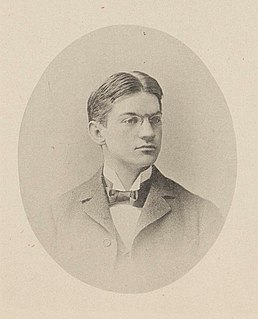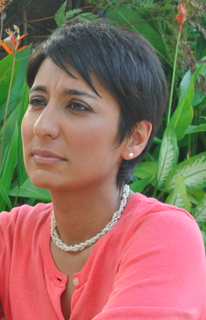Top 1200 Basic Education Quotes & Sayings - Page 16
Explore popular Basic Education quotes.
Last updated on April 19, 2025.
My father was born in the year 1900 in South Carolina, and he grew up at a time where being an African-American child in the American South was to be deprived of access to anything close to a reasonable education. He only had three years of formal education, but he was self-taught. He read two newspapers a day.
Higher education isn't just a personal investment. It's a public good that pays off in a more competitive workforce and better-informed and engaged citizens. Every year, we spend nearly $100 billion on corporate welfare, and more than $500 billion on defense spending. Surely ensuring the next generation can compete in the global economy is at least as important as subsidies for big business and military adventures around the globe. In fact, I think we can and must go further - not just making public higher education tuition-free, but reinventing education in America as we know it.
How would you like your child in kindergarten through 12th grade attending classes with kids who can't read, write, speak or understand English -- or American education values? Furthermore, how would you feel if those students felt zero investment in education, in English and the American way? How would you like your child's education dumbed down to that of a classroom from the Third World? Guess what? Today, if you're a parent of a child in thousands of classrooms across America, that's what's happening to your children with your tax dollars.
We need quantitative assessments of the success of education. We need certification and qualifications both for teachers and for pupils. It is not a choice between quantity and quality, between access and excellence. Both of these will happen together if people really do believe in the importance of education to change lives.
If you ask who are the customers of education, the customers of education are the society at large, the employers who hire people, things like that. But ultimately I think the customers are the parents. Not even the students but the parents. The problem that we have in this country is that the customers went away. The customers stopped paying attention to their schools, for the most part.
I don't like realism. We already know the real facts about li[fe], most of the basic facts. I'm not interested in repeating what we already know. We know about sex, about violence, about murder, about war. All these things, by the time we're 18, we're up to here. From there on we need interpreters. We need poets. We need philosophers. We need theologians, who take the same basic facts and work with them and help us make do with those facts. Facts alone are not enough. It's interpretation.
Education makes us the human beings we are. It has major impacts on economic development, on social equity, gender equity. In all kinds of ways, our lives are transformed by education and security. Even if it had not one iota of effect [on] security, it would still remain in my judgment the biggest priority in the world.
It is not a nature cure, a system of faith healing, or a physical culture, or a medical treatment, or a semi-occult philosophy. As to what it is, Dewey's brief but striking description appeals most and has the least chance of being proved incorrect: 'It the Alexander Technique bears the same relation to education that education itself bears to all other human activities.'
America's founding fathers did not intend to take religion out of education. Many of the nation's greatest universities were founded by evangelists and religious leaders; but many of these have lost the founders concept and become secular institutions. Because of this attitude, secular education is stumbling and floundering.
Everyone deserves the best start in life, which is what UNICEF is working to provide the world's most vulnerable children. Education is essential to a child's development. I hope that as an Ambassador I can encourage people to join UNICEF's mission to make education a reality for children throughout the world.
In the steel-and-glass society that we live in, the value system would be that the lawyer, with the Mercedes and the fine suit and the Ivy League education, was more valued than the minority without the education. But on the island, the rules are changed. It's the person who can make a fire or who can make friends. A kind human soul is valued.
We are moving in exactly the wrong direction in higher education. Forty years ago, tuition in some of the great American public universities and colleges was virtually free. Today, the cost is unaffordable for many working class families. Higher education must be a right for all - not just wealthy families.
Music education can help spark a child's imagination or ignite a lifetime of passion. When you provide a child with new worlds to explore and challenges to tackle, the possibilities are endless. Music education should not be a privilege for a lucky few, it should be a part of every child's world of possiblity.
Our great mistake in education is ... the worship of book-learning-the confusion of instruction and education. We strain the memory instead of cultivating the mind. ... We ought to follow exactly the opposite course with children-to give them a wholesome variety of mental food, and endeavour to cultivate their tastes, rather than to fill their minds with dry facts.
Prenatal education can only be an unconscious result of what the parents, particularly the mother, do. If, until the child is born, the mother acts in such a way that she expresses what is morally and intellectually correct, then what she accomplishes in her own continuing education will transfer to the child.
In any piece of rhetorical discourse, one rhetorical term overcomes another rhetorical term only by being nearer to the term which stands ultimate. There is some ground for calling a rhetorical education necessarily aristocratic education in that the rhetorician has to deal with an aristocracy of notions.
What good is telling America's children that they will have equal opportunity for education if they don't have the skills that will even get them to the point of benefiting from education, because they didn't have the child care, the health care that would enable them to grow as strong and constructive human beings?
Children who have lost parents to HIV/AIDS are not only just as deserving of an education as any other children, but they may need that education even more. Being part of a school environment will prepare them for the future, while helping to remove the stigma and discrimination unfortunately associated with AIDS.
Regarding African education in this country, there was a time when the government took no interest whatsoever in African education. It was the churches, that part of civil society, which bought land, built schools, and employed and paid teachers. People like myself, right from grade eight up to university, I was in missionary schools.
...even though I was getting better education at home than any of the kids in Toyah, I'd need to go to finishing school when I was thirteen, both to acquire social graces and to earn a diploma. Because in this world, Dad said, it's not enough to have a fine education. You need a piece of paper to prove you go it.
Public education for some time has been heavily focused on what curricula we believe will be helpful to students. Life-Enriching Education is based on the premise that the relationship between teachers and students, the relationships of students with one another, and the relationships of students to what they are learning are equally important in preparing students for the future.
Education has now become the chief problem of the world, its one holy cause. The nations that see this will survive, and those that fail to do so will slowly perish. . . . There must be re-education of the will and of the heart as well as of the intellect; and the ideals of service must supplant those of selfishness and greed.
My parents were extraordinarily focused on education. It was the topic of every dinner conversation, is are you number one, are you getting all As, if not, why not. You need to do better. So my entire orientation and focus growing up was around doing your best and making sure that you were going to get the best education possible.
A narrow and moralistic view of morals is responsible for the failure to recognize that all the aims and values which are desirable in education are themselves moral. Discipline, natural development, culture, social efficiency, are moral traits - marks of a person who is a worthy member of that society which it is the business of education to further.
In classical understanding, education is the attempt to "lead out" from within the self a core of wisdom that has the power to resist falsehood and live in the light of truth, not by external norms but by reasoned and reflective self-determination. The inward teacher is the living core of our lives that is addressed and evoked by any education worthy of the name.
Herein lies the real value of education. Advanced education may or may not make men and women more efficient; but it enriches personality, increases the wealth of the mind, and hence brings happiness. It is the finest insurance against old age, against the growth of physical disability, of the lack and loss of animal delights.
I'm asking Muslims in the West a very basic question: Will we remain spiritually infantile, caving to cultural pressures to clam up and conform, or will we mature into full-fledged citizens, defending the very pluralism that allows us to be in this part of the world in the first place? My question for non-Muslims is equally basic: Will you succumb to the intimidation of being called "racists," or will you finally challenge us Muslims to take responsibility for our role in what ails Islam?
Studies have proven that early childhood education returns to society as much as $12 for every dollar invested. Our goal is to identify the most important development opportunities for children five years and younger, providing insight to transform early childhood education from a social policy issue into an economic imperative.
The education of youth should be watched with the most scrupulous attention. [I]t is much easier to introduce and establish an effectual system ... than to correct by penal statutes the ill effects of a bad system. ... The education of youth ... lays the foundations on which both law and gospel rest for success.
I'm all for reforming our higher education system, in the 21st century, to have the skills you need for a middle-class job, you need higher education of some form or fashion. It may not be a four-year degree. The problem is he just wants to pour that additional money into the broken, existing system.



